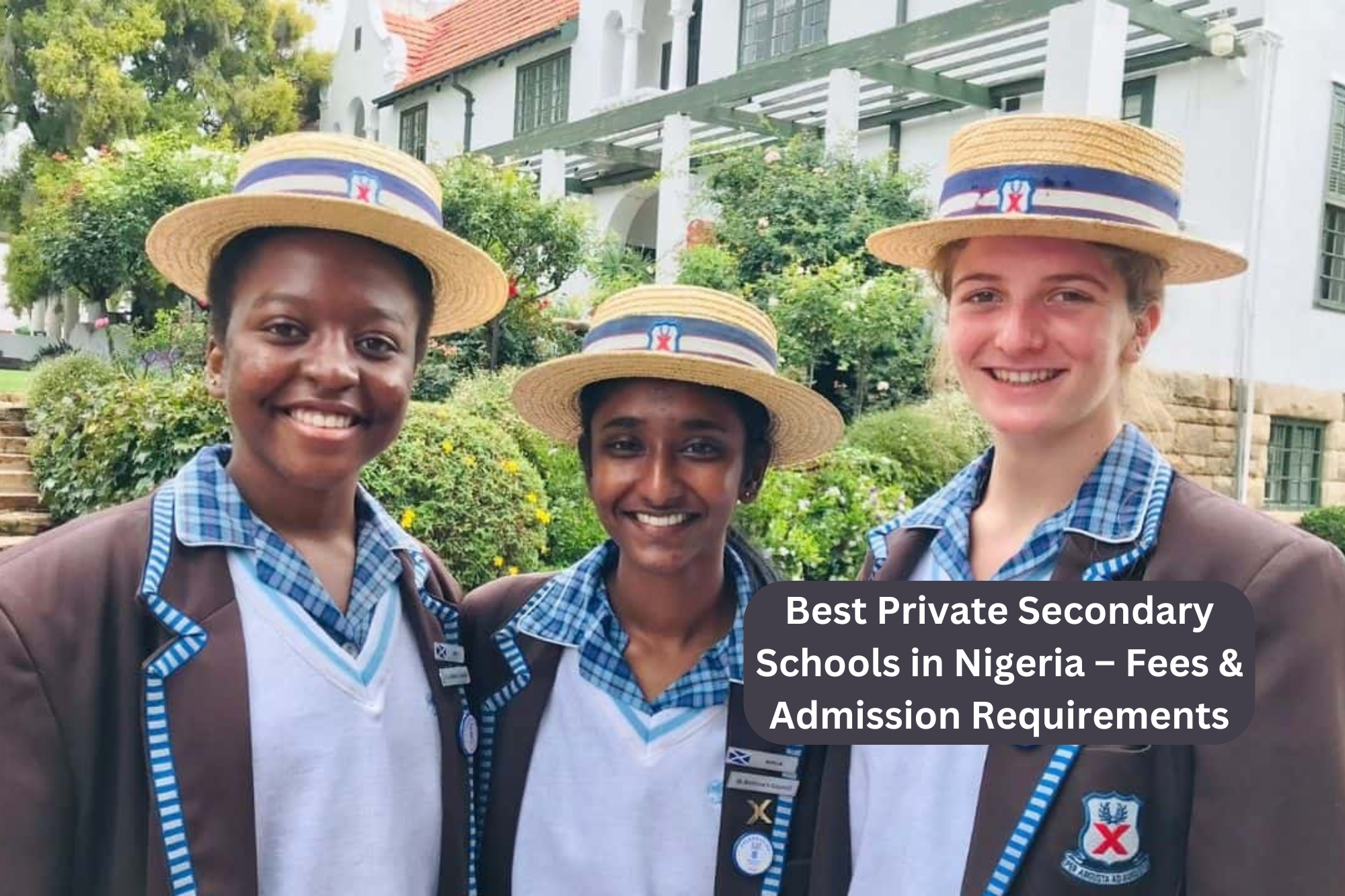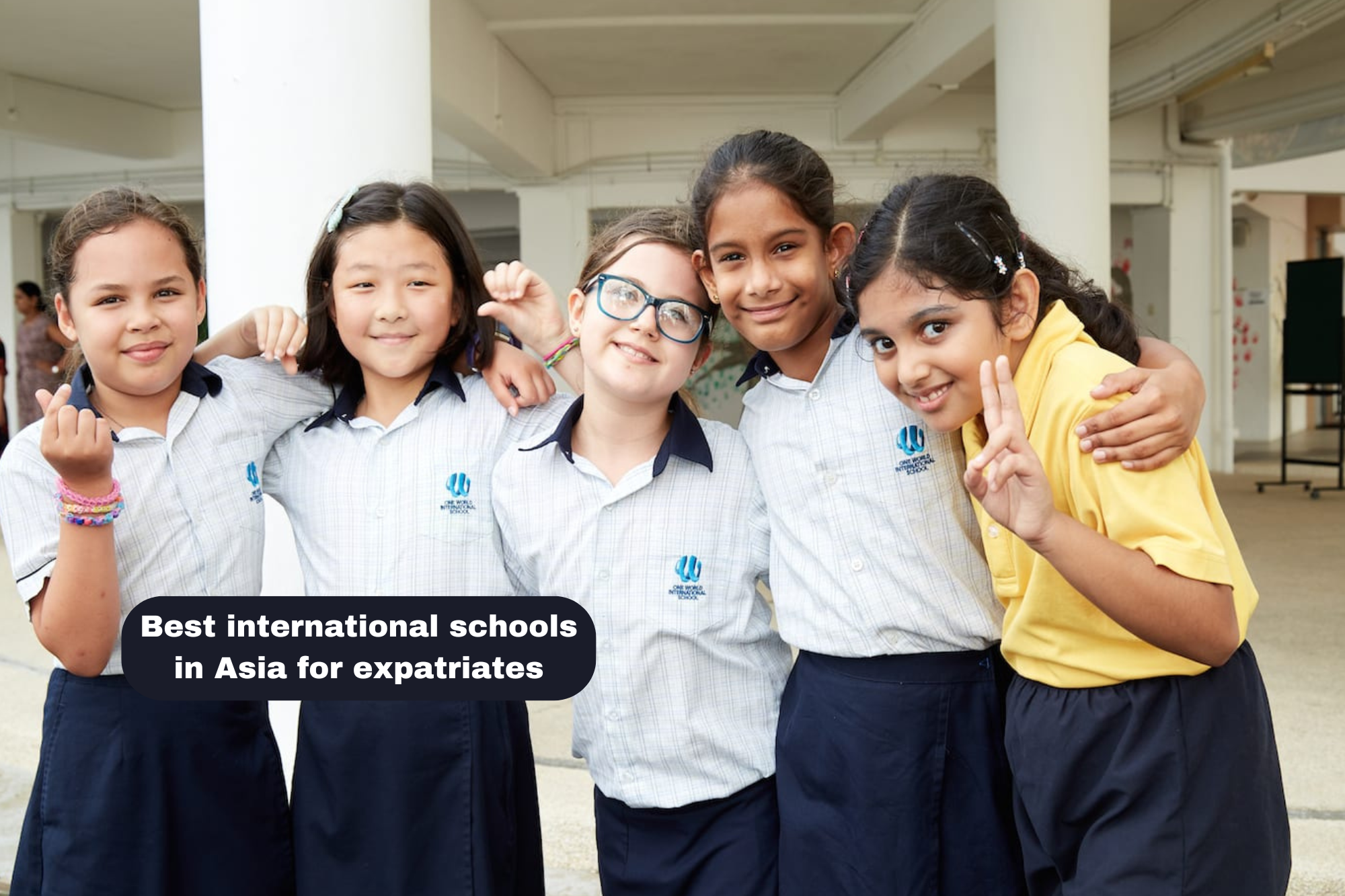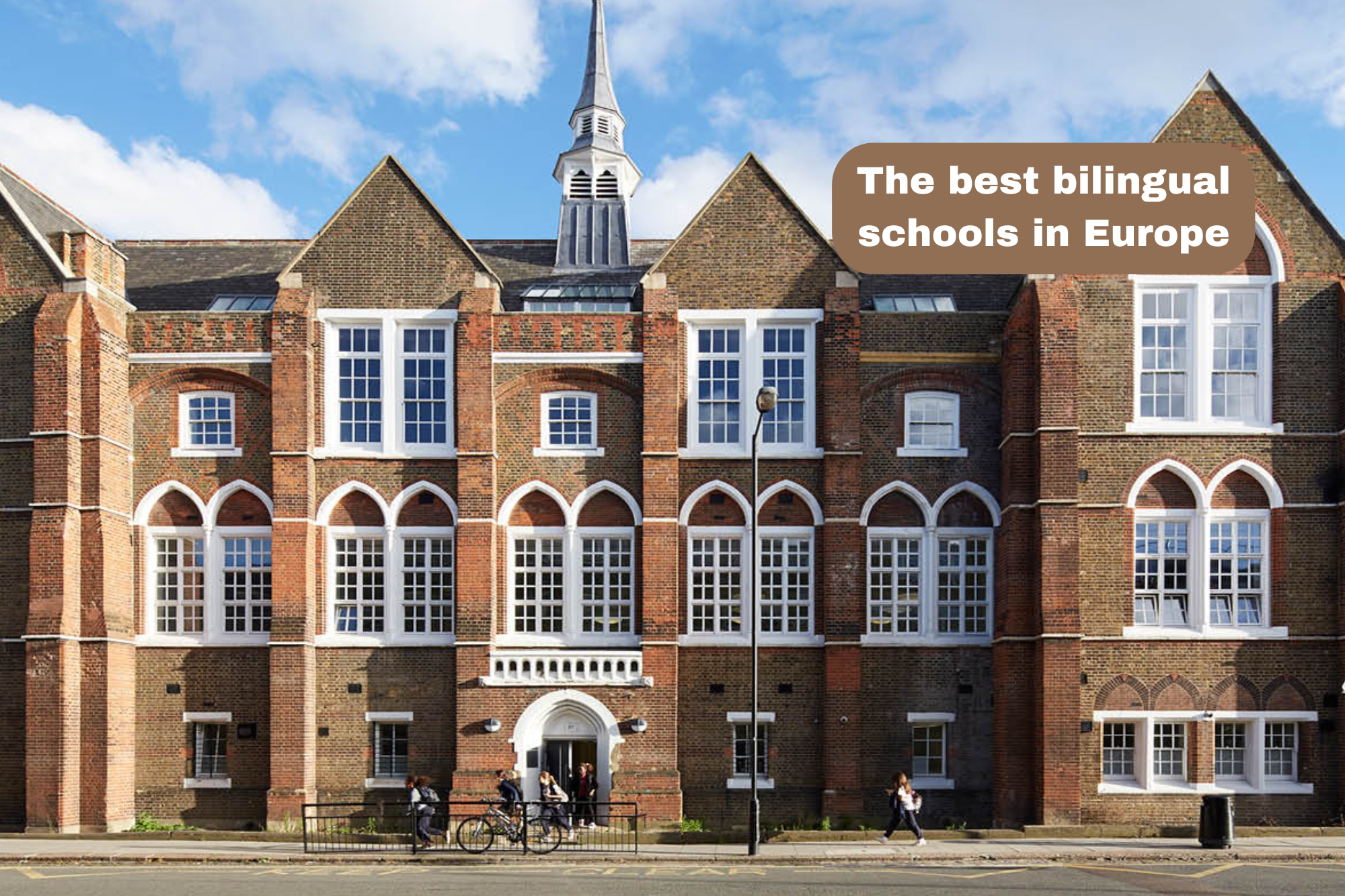Share this Post
Selecting the right secondary school for your child is a pivotal decision.
In Nigeria, private secondary schools offer diverse educational experiences, often featuring smaller class sizes, modern facilities, and a wide array of extracurricular activities.
However, navigating the private education landscape can be challenging, particularly when considering fees and admission procedures. This article offers a comprehensive overview to aid you in making a well-informed choice.
Factors to Consider When Choosing a Private School:
Prior to examining specific schools, it’s crucial to define your priorities. Reflect on the following factors:
- Academic Excellence: Seek schools with a demonstrated history of academic achievement, including strong results in WAEC, NECO, and other relevant examinations. Investigate their curriculum, teaching methods, and teacher qualifications.
- Extracurricular Activities: A holistic education extends beyond academics. Consider the school’s offerings in sports, arts, clubs, and societies. These activities contribute to a student’s overall development.
- School Environment & Culture: Visit the school and observe the atmosphere. Is it conducive to learning? Does the school promote values that align with your family’s beliefs? Assess the student-teacher ratio and the overall discipline.
- Location & Accessibility: A convenient location can significantly impact your child’s daily routine. Factor in commute times and transportation options.
- Fees: Private school fees vary considerably. Establish your budget and explore schools that fit within your financial capacity.
- Boarding vs. Day School: This is a significant decision. Consider your family’s circumstances and your child’s personality. Boarding schools offer a more immersive experience, while day schools allow students to reside at home.
- Religious Affiliation (if applicable): Some private schools have a religious foundation. If this is important to you, research schools that align with your faith.
Understanding Fees
Private school fees in Nigeria can range from a few hundred thousand Naira to several million Naira annually. Fees typically cover:
- Tuition: This is the core cost of education.
- Boarding Fees (if applicable): Covers accommodation, meals, and laundry for boarding students.
- Books and Stationery: Some schools include these in the fees, while others require parents to purchase them separately.
- Uniforms: Schools usually have designated uniform suppliers.
- Extracurricular Activities: Some activities may require additional fees.
- Other Levies: These might include PTA levies, development levies, and examination fees.
It’s vital to request a detailed breakdown of the fees and clarify what is included and excluded. Also, inquire about payment plans and any available scholarships or bursaries.
Admission Requirements:
Admission requirements vary from school to school. However, common requirements include:
- Application Form: This is usually available online or at the school’s administrative office.
- Entrance Examination: Most private schools conduct entrance exams to evaluate students’ academic abilities. The subjects covered typically include English, Mathematics, and sometimes General Knowledge.
- Interview: Students and their parents may be invited for an interview to assess their suitability for the school.
- Previous School Reports: These reports provide insights into the student’s academic performance and behavior.
- Birth Certificate: This is required for age verification.
- Immunization Records: Some schools may require immunization records.
- Passport Photographs: Recent passport photographs of the student.
Tips for the Admission Process:
- Start Early: The admission process for popular private schools can be competitive. Begin your research and application process well in advance.
- Visit the School: Schedule a visit to the school to gain a firsthand impression of the facilities, environment, and staff.
- Prepare for the Entrance Exam: Help your child prepare for the entrance exam by reviewing relevant subjects and practicing past papers.
- Prepare for the Interview: Practice answering common interview questions with your child. Ensure they grasp the school’s values and are able to articulate their own interests and aspirations.
- Submit all Required Documents: Ensure you submit all the necessary documents on time and in the correct format.
Researching Specific Schools
It is impractical to list all the best private schools in Nigeria in this article.
However, you can begin your research by exploring online resources, reading reviews, and talking to other parents.
Some well-regarded schools often mentioned in discussions include (but are not limited to) schools in locations like:
- Lagos: These often include schools in areas like Lekki, Ikoyi, Victoria Island, and Ikeja.
- Abuja: Abuja also has a growing number of excellent private schools.
- Port Harcourt: Similarly, Port Harcourt has quality private secondary schools.
Remember, the “best” school is subjective and depends on your individual needs and priorities. Thorough research and careful consideration are essential to making the right choice for your child.
Conclusion
Choosing a private secondary school is a significant investment in your child’s future. By carefully considering the factors outlined in this article, researching different schools, and preparing for the admission process, you can make an informed decision that will benefit your child for years to come.
Don’t hesitate to ask questions, visit schools, and trust your instincts.
The right school will provide a nurturing and challenging environment where your child can thrive academically, socially, and personally.





